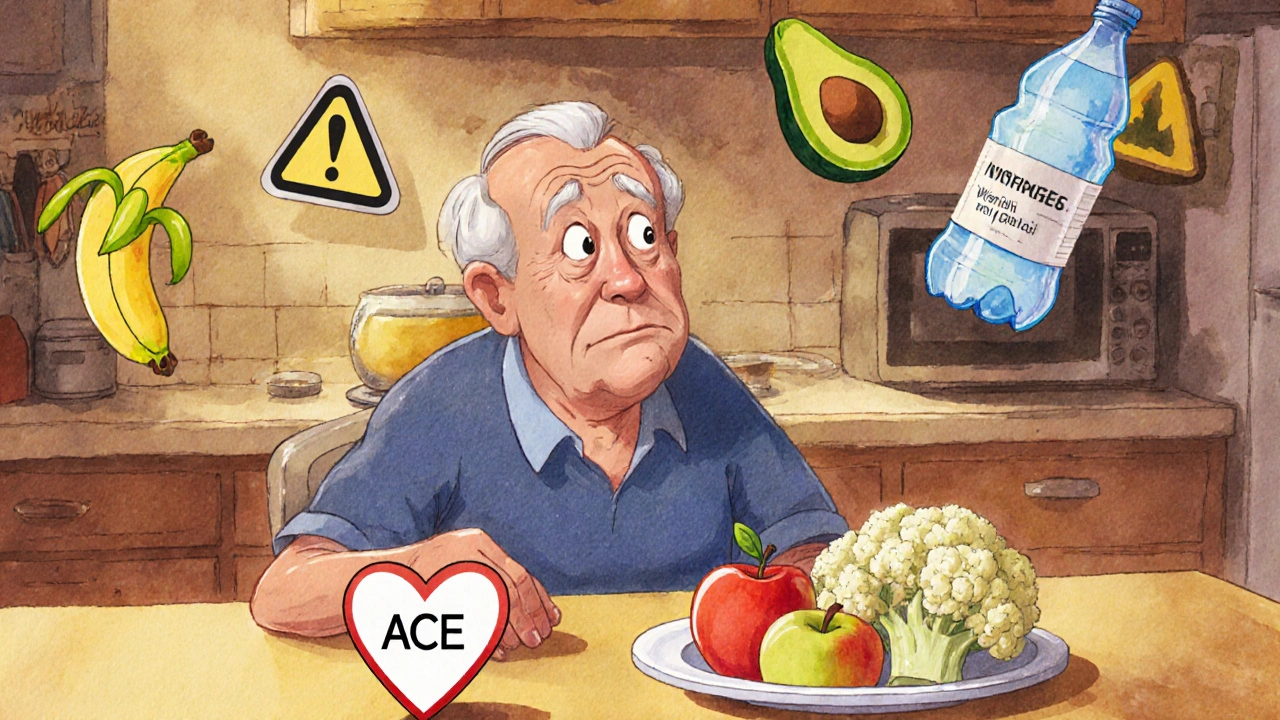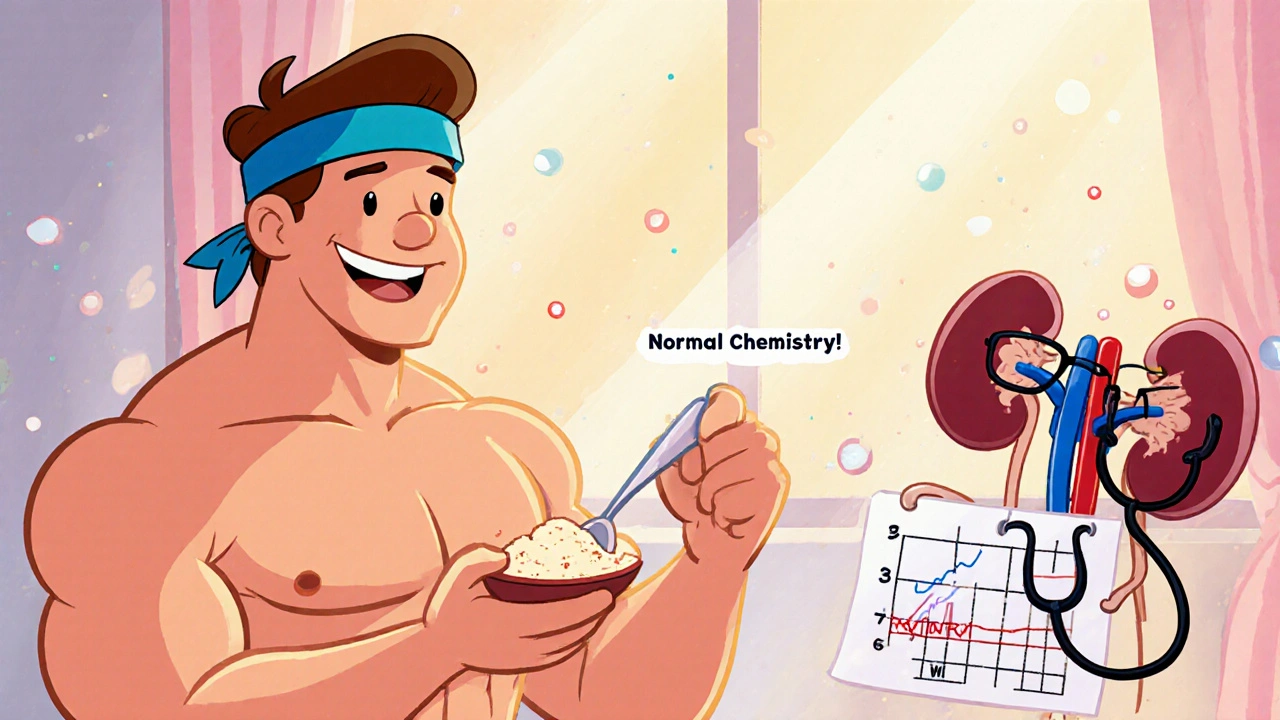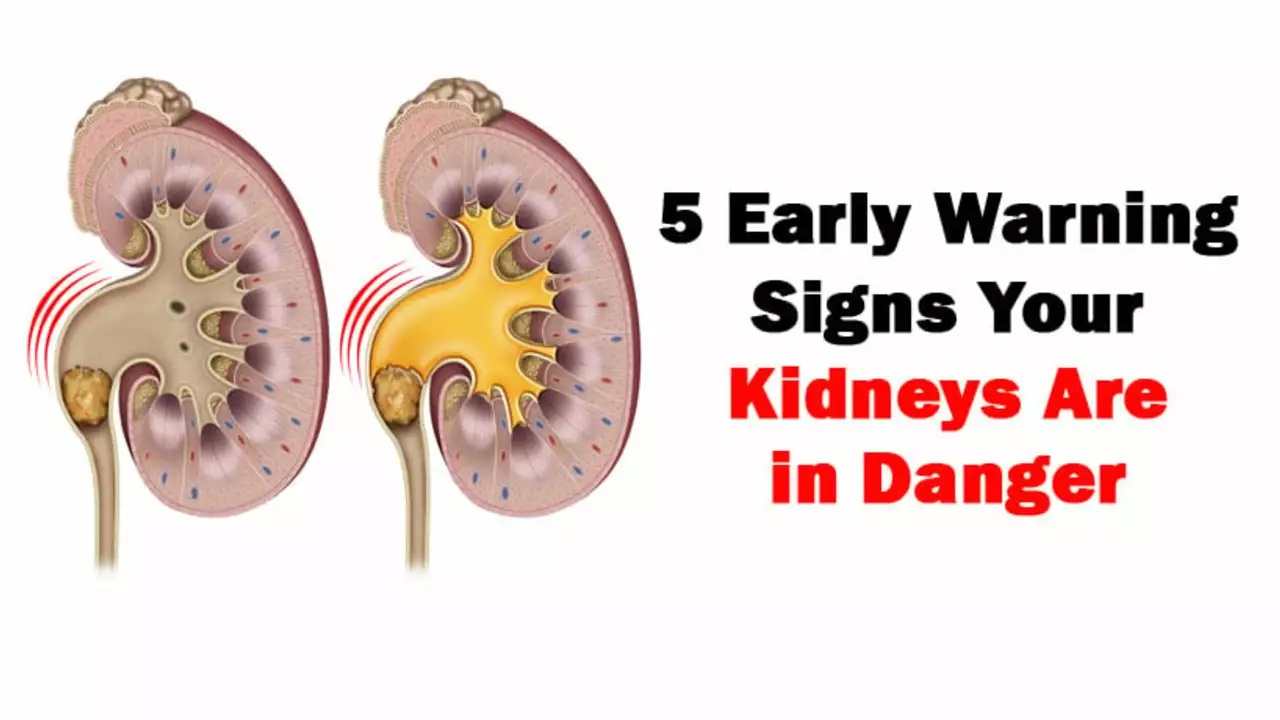Kidney disease: what to watch for and how KwikMed helps
About 1 in 10 people worldwide has some form of chronic kidney disease. That number shocks people because early stages often show no pain. Kidneys filter waste, balance fluids, and help control blood pressure. When they fail to do those jobs you may feel tired, swell in the ankles, pee less or more, or see foamy urine.
Risk factors are clear: diabetes, high blood pressure, heart disease, older age, and long-term use of some painkillers. Some prescriptions and supplements can hurt kidneys too — always check with your doctor before adding new meds. A simple blood test (creatinine and eGFR) and a urine test for protein catch most problems early.
If you suspect kidney trouble, act fast. Get a blood and urine test. Bring a list of all medications and supplements to your appointment. Cut back on salt, stay hydrated without overdoing fluids, and avoid NSAIDs like ibuprofen. Your doctor may start blood pressure meds that protect kidneys (ACE inhibitors or ARBs) or refer you to a nephrologist.
Monitoring matters. Track blood pressure, weight, and how much you pee. Repeat labs as your doctor advises — trends matter more than one result. Ask about a kidney-friendly diet: lower sodium, balanced protein, and potassium guidance based on your labs. Small changes often slow disease progression.
When kidneys fail, options include dialysis and transplant. Those are real choices but not immediate for most people. Early care can delay or prevent reaching that stage. If you have diabetes, tight blood sugar control lowers risk. If you take heart or liver meds, tell your providers so doses can be adjusted for kidney function.
How KwikMed can help: our tag page collects practical guides, drug reviews, and safety tips relevant to kidney health. Read articles on blood pressure medicines like Toprol XL, diabetes drugs such as Actos, and how diuretics like torsemide are used in fluid management. We also cover how some medicines affect kidneys and when to avoid them.
Quick steps if you suspect kidney trouble
- Get tested: creatinine/eGFR and urine albumin.
- Share all meds and supplements with your clinician.
- Cut added salt and avoid NSAIDs.
- Follow-up regularly and ask about kidney-protecting meds.
Useful articles on KwikMed
- Toprol XL Guide: Uses, Side Effects, Dosage, and Patient Tips
- Actos: Diabetes Medication Benefits, Risks & Expert Tips
- Torsemide and Liver Disease: Essential Insights for Patients
- Flavoxate and Stroke Recovery: How It Helps Regain Bladder Control
Common medicine tips: always check kidney function before starting new drugs such as metformin, certain blood pressure pills, or high-dose antibiotics. Dose changes are common when kidney function falls — a pill that was safe can build up and cause harm. Call emergency care if you have sudden swelling, shortness of breath, chest pain, very low urine output, or confusion. These can be signs of severe kidney or fluid problems.
Preventive care and small choices make a big difference.



